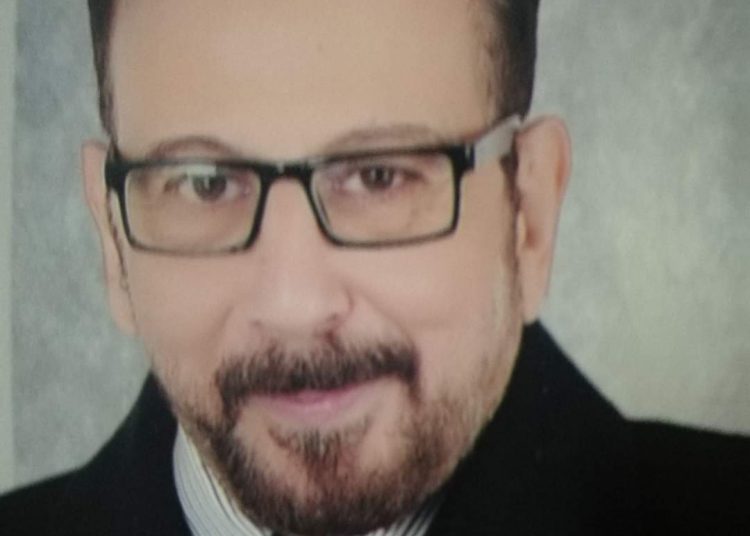The Africa We Want
By Abdel Monem Fawzi
The AU was officially launched in 2002 as a successor to the Organisation of African Unity (1963-1999). All of Africa’s 55 states are members of the organisation.
Forty-two years remain to the attainment of the Pan-African vision of an integrated, prosperous and peaceful Africa, one driven by its own citizens. The Agenda 2063 adopts the slogan ‘The Africa We Want’.
We want the AU to implement the flagship projects included in the Agenda 2063.
These projects include the Integrated High Speed Train Network, the formulation of an African commodities Strategy, the establishment of the African Continental Free Trade Area(AfCFTA), the unified African Passport and the free movement of people. They also include silencing the guns by 2020, the implementation of the Grand INGA Dam Project, the establishment of a single African air-transport market (SAATM), and the establishment of an annual African economic forum.
The same projects include the establishment of an African financial institution, the Pan-African E-Network, the African Outer Space Strategy, an African Virtual and E-University, the Great African Museum, and the Encyclopedia Africana.
The question now is: Can we implement all these plans by 2063.The Answer is ‘yes’, but we should reform the AU first.
The AU Executive Council called for an audit of the African Union Commission.
The audit, which was carried out last year by Pricewater house Coopers, exposed nepotism, unverified qualifications, recruitment and contract anomalies.
The report also found anomalies in staff remuneration and allowances — including irregular issuance of spousal allowances and double housing allowances issued to spouses working at the AUC.
In many ways, the report confirmed the allegations of nepotism, corruption, financial mismanagement, power abuse, and sexual harassment which have plagued the commission.
The report was discussed by AU policy organs, and a decision was made at the AU Summit last month, demanding immediate action against those implicated in the report.
Auditors found a large number of staff was on short-term contracts and noted that such contracts encourage abuse by staff members “whose jobs rely on ‘goodwill’/’favour'”.
During the review period between 2012-2018, some 71 per cent of 3,328 staff members were on short-term contracts, and the contracts of 382 fixed-term staff – one to two-year contracts renewable three times – were renewed at least once beyond the terms stipulated. In addition, 212 staff members were working at the AUC despite being past the retirement age of 62.
In 2018, an internal investigation found that incidents of sexual harassment were rife in the commission. The report found that harassment was mostly “perpetuated by supervisors over female employees in their charge” and that “short-term staff, youth volunteers and interns were the most vulnerable and exposed.” Senior departmental staff were identified as the main perpetrators.
The latest audit also found numerous recruitment anomalies that included irregular shortlisting of interview candidates, candidates interviewed and appointed without having applied for positions, uncompetitive recruitment processes, and failure to appoint the best candidate.
In addition, the report noted that more than 100 staff members within the commission were directly related to another person within the organisation. Auditors were also unable to verify qualifications of some staff members.
You find people whose qualifications could not be established by the audit. They are in the position and they could not justify if they qualify or not.
Still, we have high hopes for change through leaders at the AU Summit who ordered the chairperson of the commission to take immediate disciplinary action.
As we know that the administrative and financial management of the commission lie within the mandate of the deputy chairperson’s office.
The new Deputy Chairperson Monique Nsanzabaganwa is likely to undertake the discharge and retirement of many staff members and deal with the extensive allegations.
Nsanzabaganwa may be the right person to finally clean up the AUC.
Analysts warn it cannot solve all the union’s problems.
But we are sure that she will be able to make a difference according to her professional background, as a Rwandan national figure. She is a Rwandan economist, politician and diplomat. She served as deputy governor of the National Bank of Rwanda.
She was tasked with AU reforms that were largely championed by Rwandan President Paul Kagame who was initiated the reform, insisting on better management, more transparent management, more serious management of the AU Commission.






Discussion about this post